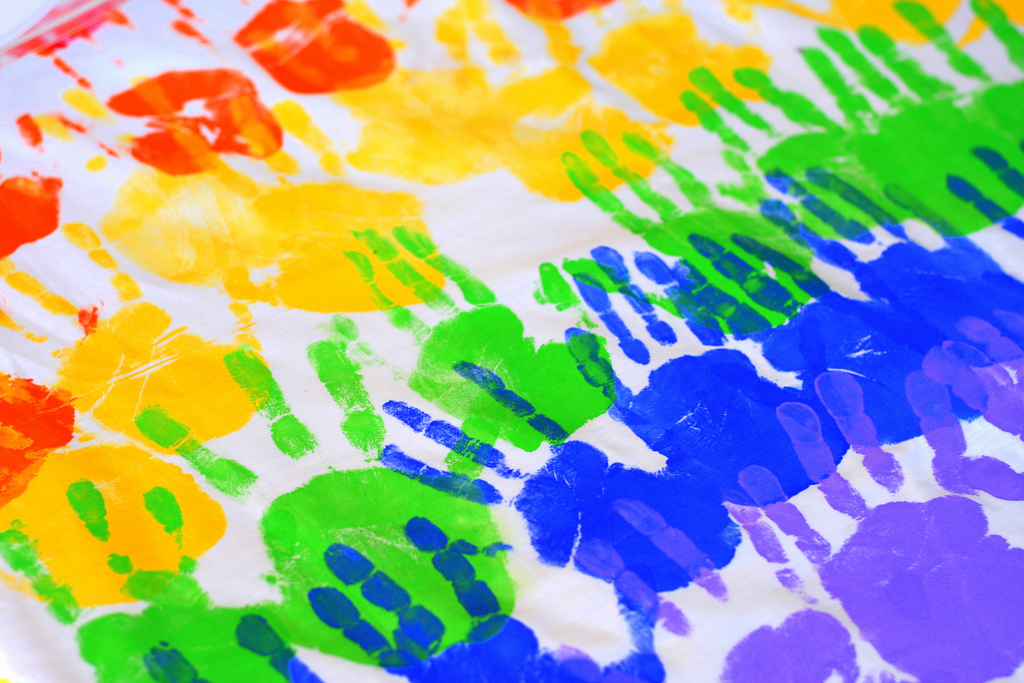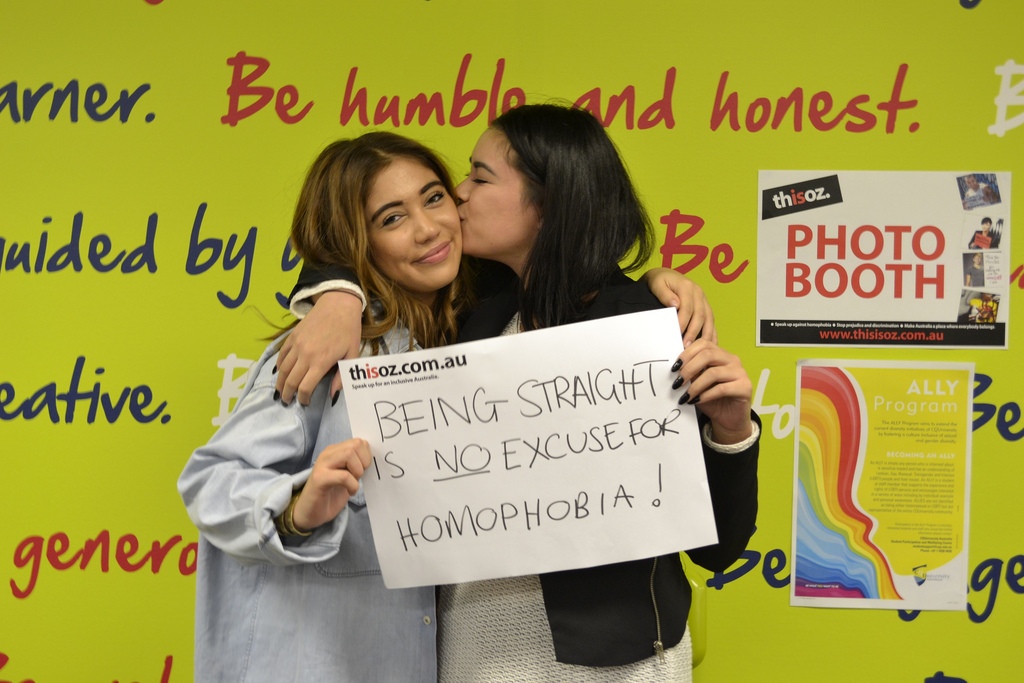Finding a Cultural Identity: An Intersectional Autobiography
Guest columnist: Christian Chan, George Washington University
Writing about my own personal lived experiences is a meaningful action to extract, understand, and interpret the complex experiences of culture across my journey as a graduate student. I entered a professional journey as a graduate student in a Master’s program in Clinical Mental Health Counseling and, later, a doctoral program in Counseling with a keen interest for developing more culturally competent interventions. What I realized most is the limitations of my own worldview, as I see through my own lived experiences and navigate my interpretation of privilege and oppression.
While I knew that multiculturalism and social justice were emphases of my journey and what I hope to contribute as an emerging scholar, leader, and educator, this interest evolved more than I had ever visualized at the beginning. I began my goal of starting a doctoral program with interests in multicultural counseling and supervision; ethnic identity development and socialization; intergenerational conflict; and acculturative stress. While those constructs still capture my interests and my view of multiculturalism, it was my own personal growth that grasped a largely missing component in the counseling profession’s research and practice. For far too long, I noted throughout my graduate training that there were still missing gaps in research and practice despite the major advances and emphasis to meet the needs of diverse populations.
My passion for intersectionality grew because I could no longer just view our treatment of clients within the limitations of cultural identities as distinct silos. What is the experience of a disabled lesbian Asian American cisgender woman? The intersections of these identities continue to grow in this discussion, but they are absolutely necessary if we are to grow as helping professions and enhance our paradigm of research. My own personal lived experiences rung through the curriculum. As a second-generation bisexual Asian American male of Filipino, Chinese, and Malaysian heritage, I also realized the intersections of my other identities as an able-bodied Catholic cisgender male who grew up in a middle-class family as the child of two immigrants. I sought for more questions and answers that moved beyond how privilege, oppression, and mental health are impacted by one identity.
Through these intersections, a pivotal moment in my doctoral program taught me so much about the negotiations of my own privilege and oppression. My initial driving force to enact multiculturalism and social justice into training, curriculum, and research was my own oppressed identities as an ethnic and sexual minority. However, my colleague confronted me about my perspectives of career development and social class. I stated that individuals could utilize their experiences from each position to hopefully move to another position. My assumption, however, is that not every individual has this choice, as they encounter several barriers in career development. I certainly have choices in my life due to my own social class, which prompted a negotiation of my own privileges. As I reflect upon those moments, I recognize that I must negotiate my privileges as lifelong learning with each step of my professional journey.
This column is part of a monthly series highlighting the experiences of students and professionals with diverse intersecting identities and is sponsored by the APAGS Committee on Sexual Orientation and Gender Diversity and the Committee for the Advancement of Racial and Ethnic Diversity. Are you interested in sharing about your own navigation of intersecting identities in graduate school? We would be happy to hear from you! To learn more, please contact the chair of APAGS CSOGD (Julia Benjamin, jzbenjam@gmail.com) or CARED (James Garcia, jjg0136@gmail.com).




 Guest columnist: Vanessa Martinez-Morales, Arizona State University
Guest columnist: Vanessa Martinez-Morales, Arizona State University

